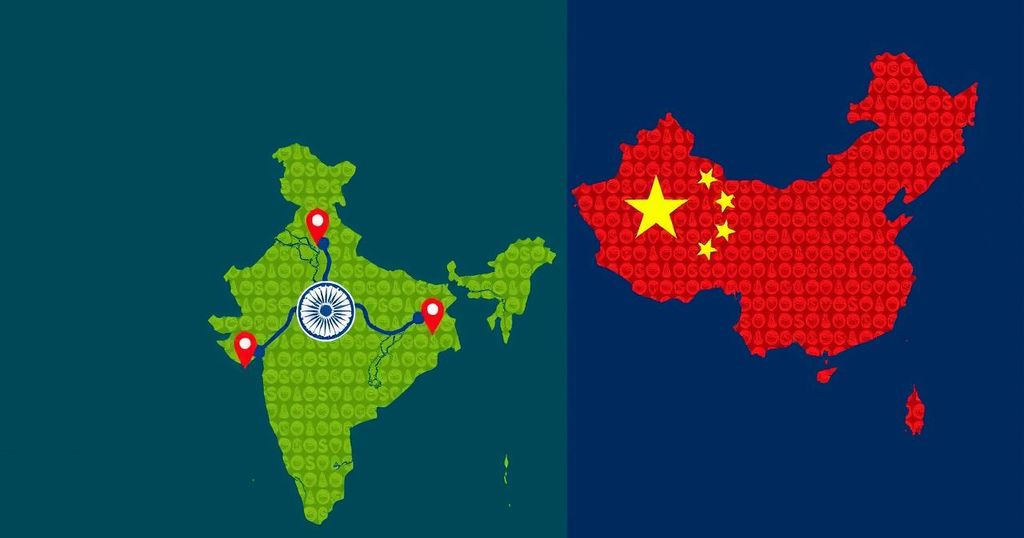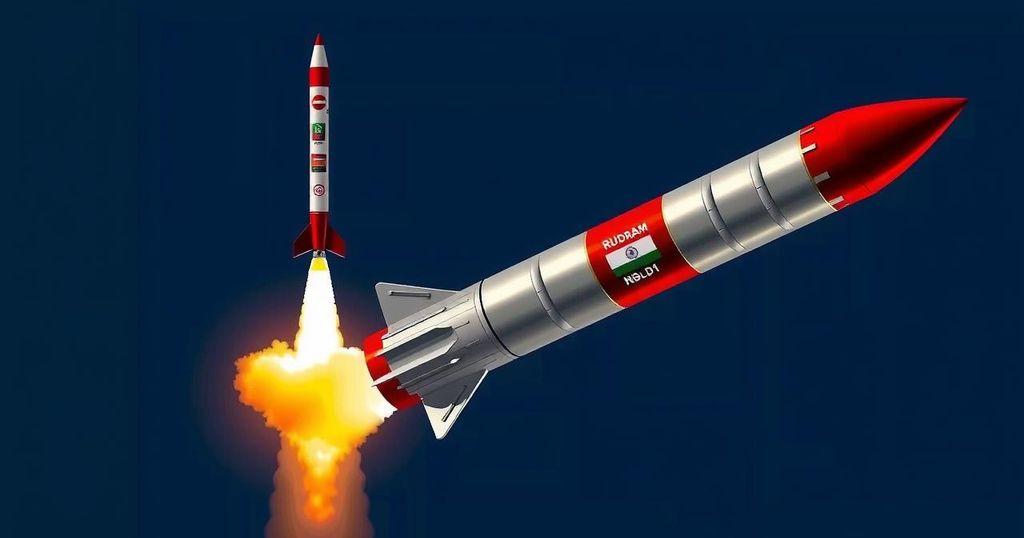The Implications of India-Pakistan Rivalry on the SCO Summit’s Efficacy
The upcoming Shanghai Cooperation Organisation (SCO) summit, scheduled for October 15-16 in Islamabad, raises critical questions regarding the potential impact of the longstanding India-Pakistan rivalry on this strategic multilateral platform. Pakistani Prime Minister Shehbaz Sharif has extended an invitation to Indian Prime Minister Narendra Modi, yet the likelihood of his attendance remains uncertain, given the historical tensions between the two nuclear-armed neighbors.
The invitation to Modi has sparked considerable speculation. Analysts suggest that Modi’s absence would be notably significant for the SCO, a bloc established in 2001 and composed of major players including Russia, China, India, Pakistan, Kazakhstan, Kyrgyzstan, Tajikistan, Uzbekistan, and Iran. The convergence of leaders at this summit represents a pivotal moment for the organization, particularly as both President Xi Jinping and President Vladimir Putin seek to bolster their global influence.
Historically, the rivalry between India and Pakistan has hampered the progress of regional cooperation, as evidenced by the stagnation within the South Asian Association for Regional Cooperation (SAARC), an entity that has not convened since 2014 due to mutual antagonism. Taimur Khan, a research associate at the Institute of Strategic Studies Islamabad, underscores that while the SAARC serves as a cautionary tale, the SCO is underpinned by a robust foundation led by influential global powers, which may afford it a more resilient structure.
The contrasting atmospheres of past SCO meetings reveal the complexity of the current situation. For instance, during the 2015 SCO summit in Ufa, a significant dialogue occurred between Nawaz Sharif and Narendra Modi. The potential for such diplomacy seems diminished today, with External Affairs Minister S. Jaishankar recently asserting the cessation of “uninterrupted dialogue” with Pakistan. Furthermore, the contentious issue of Kashmir continues to serve as a major obstacle in relations between the nations, exacerbated by Modi’s controversial revocation of Article 370 in 2019, which had previously granted autonomy to the region.
Despite concerns about the impact of India-Pakistan tensions on the SCO’s functionality, experts like Maleeha Lodhi, Pakistan’s former ambassador to the United States, argue that the SCO’s framework specifically prohibits discussion of bilateral conflicts during its meetings. This, in theory, should enable the organization to maintain its focus on broader multilateral goals. However, the historical precedent established by SAARC highlights the potential vulnerability of the SCO to similar dynamics, casting uncertainty on its ability to navigate the delicate situation.
Amidst these challenges, analysts from both sides remain skeptical regarding Modi’s potential visit. The prevailing sentiment suggests that unless there are unforeseen positive developments between now and the summit, Modi’s attendance is unlikely. Both countries have demonstrated reluctance to engage in dialogue amidst escalatory rhetoric, which complicates the overall environment.
In conclusion, the SCO summit represents not only a crucial gathering for member states but also a significant test of the organization’s resilience against the backdrop of India-Pakistan tensions. The outcome of this meeting could set a precedent for future interactions among member nations, ultimately determining whether the SCO can uphold its agenda amid bilateral discord. The international community will closely observe whether key figures such as Modi choose to attend, as their participation—or lack thereof—will offer insights into the future trajectory of regional geopolitics.







Post Comment